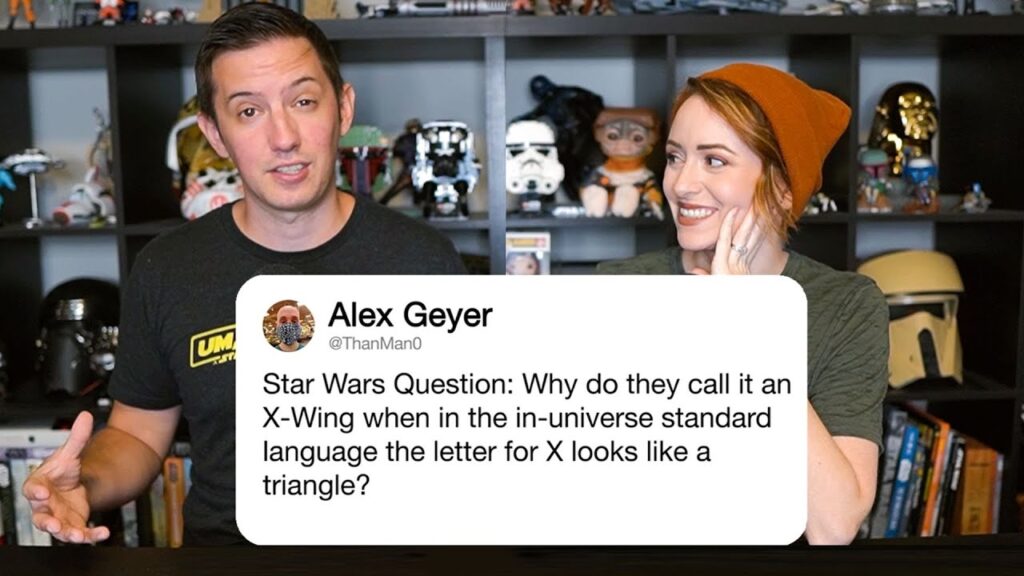A Q&A on Creating Lasting Relationships With Friends
Summary
In this Q&A session, we will discuss the essential aspects of creating lasting friendships. We will look at how you can identify the right friends, what qualities to look for in a friend, how to establish a deeper connection, and how to maintain the friendship.
Table of Contents
- What are the qualities to look for in a friend?
- How can I identify the right friends?
- How can I establish a deeper connection with my friends?
- What do I do when a friend is not reciprocating the friendship?
- How do I maintain a friendship over the long term?
- How important is communication in a friendship?
Introduction
Friendship is an integral aspect of human life. It can help us get through tough situations, bring us joy, and provide us with much-needed social support. However, creating and maintaining lasting friendships can sometimes be a challenging task. In this Q&A, we will provide valuable insights on how you can create and maintain solid friendships.
Q&A
1. What are the qualities to look for in a friend?
As you create friendships, it is essential to look for certain qualities in the people you start to associate with. It is pertinent to look for qualities such as trust, loyalty, honesty, humor, shared values, and common interests. Additionally, it would be best to consider someone that you find relatable, someone who makes you feel secure, and someone who is there for you through thick and thin.
2. How can I identify the right friends?
To identify the right friends, you must know what you want from a friendship. You should look at the shared values and the traits of the person you aim to befriend. You can ask questions to learn more about their interests, their life philosophies, and their values. You will also want to observe how they treat other people, their lifestyles, and how they view relationships. This information will guide you in your choice of friendship.
3. How can I establish a deeper connection with my friends?
To establish a deeper connection with your friends, you should focus on communication. You must be open, honest, and express yourself freely. You should share your vulnerable moments, listen attentively, and pay close attention to non-verbal cues that may give insight into how your friend is feeling. You can also engage in shared experiences, celebrate milestones together, and go through life challenges side by side.
4. What do I do when a friend is not reciprocating the friendship?
When a friend is not reciprocating your friendship, it can be hurtful and leave you feeling undervalued. It would be best to start by expressing your concern with your friend and asking for their perspective. It would be best to give them the opportunity to explain their behavior before making any assumptions. If you have made several attempts to reach out without success, it may be time to reevaluate the relationship and consider whether it’s healthy to continue.
5. How do I maintain a friendship over the long term?
To maintain a friendship over the long term, you must be intentional with your friendship. You should prioritize communication, avoid going too long without touching base, remember special occasions, and share milestones that are important to each other. You should also make time for each other, even if it’s just a quick phone call, and prioritize each other’s needs. It would be best to understand that friendships go through ups and downs, but with commitment and effort, they can last a lifetime.
6. How important is communication in a friendship?
Communication is essential in any relationship, and a friendship is no exception. You must be open and honest with your friends, communicate your needs, and be receptive to feedback. This kind of communication allows you to understand and connect with your friend at a more profound level. Communication also helps you navigate challenging situations and maintain the trust that is the foundation of the friendship.
Conclusion
Creating and maintaining lasting friendships can sometimes be challenging, but with the right knowledge and effort, you can build strong relationships that last a lifetime. Remember to focus on shared values and interests, prioritize communication, and be intentional about the relationship you build. With these tips, you can create meaningful and fulfilling friendships that enrich your life.







